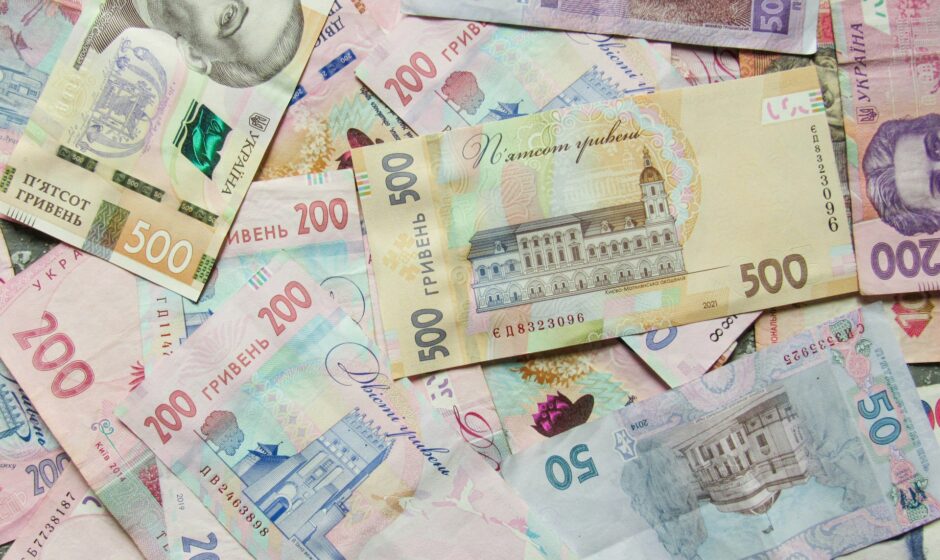Currency is important for a country because it plays a central role in its economy and daily life. Here are the key reasons:
- Medium of Exchange
Currency allows people to buy and sell goods and services easily. Without money, people would need to barter (exchange goods directly), which is inefficient.
- Measure of Value
It helps in valuing goods and services. Currency provides a common standard so prices can be compared and calculated.
- Store of Value
Money can be saved and used in the future. A stable currency maintains its value over time, helping people plan, invest, and build wealth.
- Unit of Account
It keeps records of debts, profits, wages, and economic activity. This makes accounting and financial reporting possible.
- Facilitates Trade
Both domestic and international trade depend on currency. Stable currency helps a country trade with others and attract foreign investment.
- Economic Stability
A strong and stable currency builds confidence in the economy. Poorly managed currency can cause inflation, loss of savings, and economic crisis.
- Government Policy Tool
Governments and central banks use currency and monetary policies to control inflation, unemployment, and growth (e.g., by adjusting interest rates or money supply).
In summary, currency is essential because it supports trade, savings, investment, and overall economic stability. Without it, modern economies couldn’t function smoothly.



